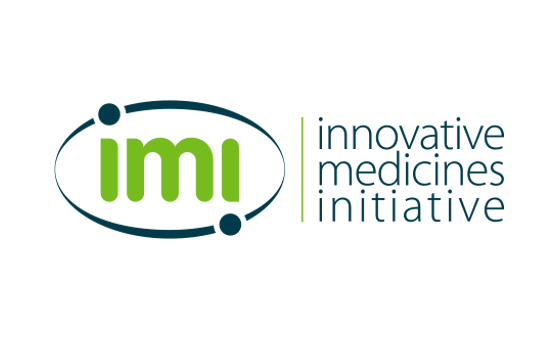 New open access tools for drug development, obesity, and the environmental impacts of medicines are the focus of a new IMI2 Call for proposals launched today. The total budget of the Call is over EUR 80 million. Half of this comes from the European Commission's Horizon 2020 programme and will fund the participation in the projects of universities, small and medium-sized companies, patient groups etc. The other half comes from large pharmaceutical companies and IMI Associated Partners, who do not receive EU funding through IMI but finance their own participation in our projects.
New open access tools for drug development, obesity, and the environmental impacts of medicines are the focus of a new IMI2 Call for proposals launched today. The total budget of the Call is over EUR 80 million. Half of this comes from the European Commission's Horizon 2020 programme and will fund the participation in the projects of universities, small and medium-sized companies, patient groups etc. The other half comes from large pharmaceutical companies and IMI Associated Partners, who do not receive EU funding through IMI but finance their own participation in our projects.
Open access tools for the genetics of disease - Many diseases have a genetic component, yet we lack the tools to study many of the genes behind diseases. This topic aims to develop a set of open access tools to facilitate the study around 1 000 of the 3 000 genes thought to be implicated in disease and that could be targeted by drugs. The results of the project will be made fully available to the scientific community by open access.
Optimising future obesity treatment - Obesity affects some 650 million people globally, placing them at greater risk of complications such as heart disease, diabetes and cancer to name a few. This topic aims to better understand obesity as a disease by identifying subgroups of people with obesity that will ultimately pave the way for better, more personalised prevention and lifestyle interventions, as well as treatments for obesity and its complications. The project will also focus on diabetes (both types 1 and 2) as examples of conditions that are influenced by obesity in a complex way.
Environmental impacts of medicines - Active ingredients from medicines can get into the environment through a variety of routes, and once there they can prove harmful to wildlife and ecosystems. In the EU, new medicines are required to undergo an environmental risk assessment (ERA). This topic will help to reduce the impact of medicines on the environment in three ways. Firstly, it will deliver tools to identify environmental risks associated with medicines under development. Secondly, it will prioritise which existing medicines (introduced before the ERA) should go through a tailored environmental assessment. Finally, it will create a publicly-available database to make environmental data on human medicinal products more transparent to all stakeholders.
Pierre Meulien, IMI Executive Director commented: "If we want to enjoy the benefits of the genomic revolution, we have to develop tools to study in detail the genes that influence our health. By taking an open access approach, the new topic launched as part of today's Call for proposals will maximise the impacts of its results by making it possible for researchers worldwide to access and use them in their own work."
For more information on IMI2 - Call 17, including the full Call text and details of how to apply, please visit:
http://www.imi.europa.eu/imi2-call-17
About the Innovative Medicines Initiative
The Innovative Medicines Initiative (IMI) is working to improve health by speeding up the development of, and patient access to, the next generation of medicines, particularly in areas where there is an unmet medical or social need. It does this by facilitating collaboration between the key players involved in healthcare research, including universities, pharmaceutical companies, other companies active in healthcare research, small and medium-sized enterprises (SMEs), patient organisations, and medicines regulators. This approach has proven highly successful, and IMI projects are delivering exciting results that are helping to advance the development of urgently-needed new treatments in diverse areas.IMI is a partnership between the European Union and the European pharmaceutical industry, represented by the European Federation of Pharmaceutical Industries and Associations (EFPIA). Through the IMI2 programme, IMI has a budget of €3.3 billion for the period 2014-2020. Half of this comes from the EU's research and innovation programme, Horizon 2020. The other half comes from large companies, mostly from the pharmaceutical sector; these do not receive any EU funding, but contribute to the projects 'in kind', for example by donating their researchers' time or providing access to research facilities or resources.